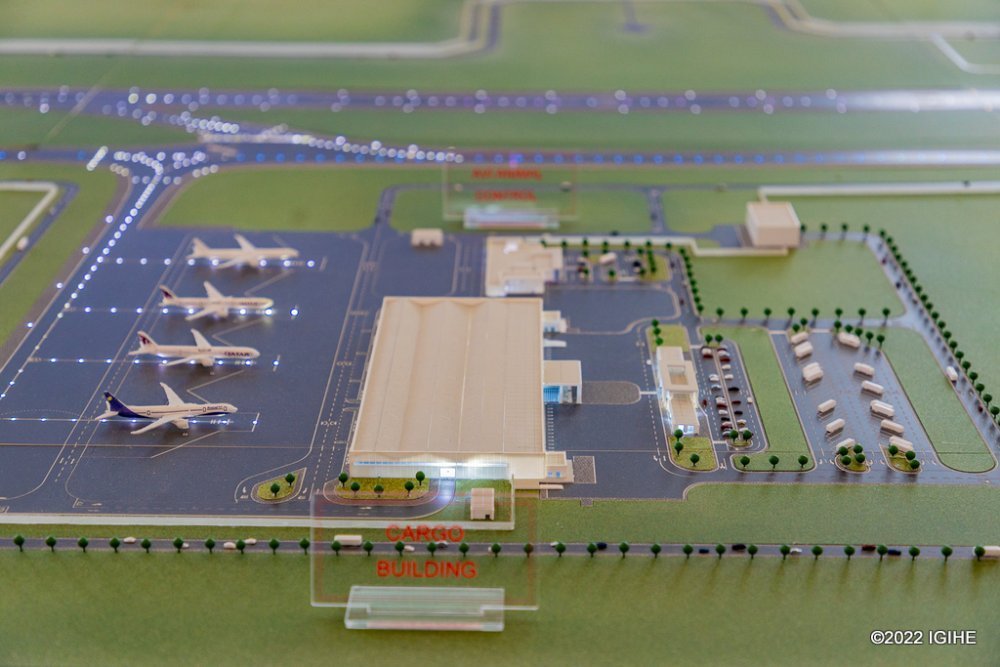PIG #FARMING: Everything You Need to Know to Get Started with Pig Farming and Where to Invest In #RWANDA.
Do you want to invest in pig farming?
This comprehensive #Thread guide will walk you through the process of getting where to invest in a pig farm in #Rwanda.



Do you want to invest in pig farming?
This comprehensive #Thread guide will walk you through the process of getting where to invest in a pig farm in #Rwanda.




WHY START PIG FARMING?
Pig farming only needs a small investment in buildings and equipment. Pig farming also offers quick returns because the marketable weight of fatteners (piglets you’re raising for the freezer) can be reached within six to eight months.

Pig farming only needs a small investment in buildings and equipment. Pig farming also offers quick returns because the marketable weight of fatteners (piglets you’re raising for the freezer) can be reached within six to eight months.


Pigs have the highest #feed conversion efficiency. This means pigs produce more live weight from a given weight of feed than any other class of meat-producing animal, with the exception of broiler chickens. wide variety of feeds, such as:
Grains
Premixes
Straight meals.....
Grains
Premixes
Straight meals.....
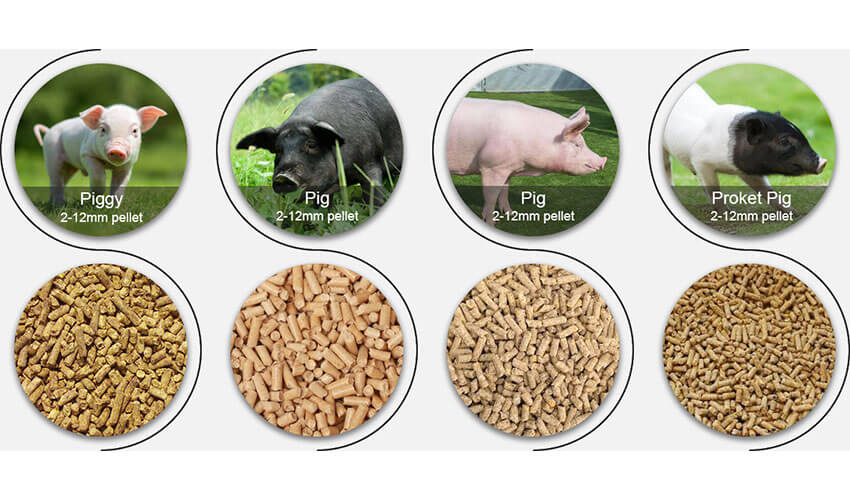
* Forages
* Damaged feeds
All of which pigs convert into valuable nutritious meat. Top tip: Feeding your pig's damaged grains, garbage and other unbalanced rations can result in lower feed efficiency.
* Damaged feeds
All of which pigs convert into valuable nutritious meat. Top tip: Feeding your pig's damaged grains, garbage and other unbalanced rations can result in lower feed efficiency.

The pig is prolific and has a shorter generational interval. As an example, a sow can be bred from the age of eight to nine months and can farrow (give birth to a litter of piglets) twice or thrice in a year. 
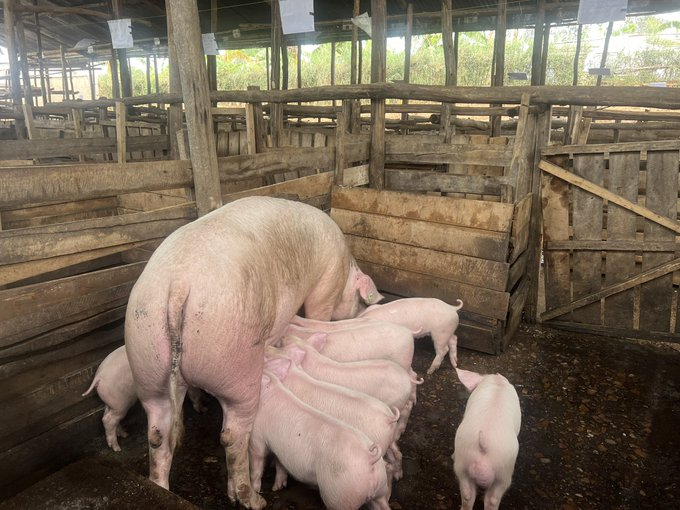
9 to 15 piglets can be produced in each farrowing.
Pigs are usually known for their meat production: Their dressing percentage which is the per cent of the live animal that ends up as carcass can range from 65-80% whereas other livestock usually doesn’t exceed 65%.
Pigs are usually known for their meat production: Their dressing percentage which is the per cent of the live animal that ends up as carcass can range from 65-80% whereas other livestock usually doesn’t exceed 65%.

Did you know that pork is the most nutritious when it has high fat and low water content? It has a better energy value than any other meat. It is also rich in vitamins such as thiamine, niacin, and riboflavin, and is the most consumed meat globally. 
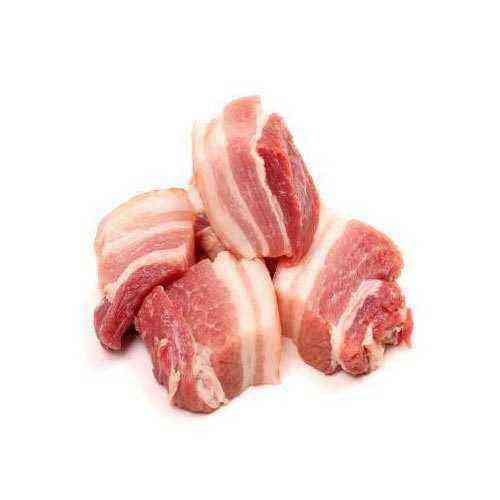
Pig manure is commonly used as fertilizer on agricultural farms and in fish ponds. Also, pig fat, which is stored rapidly by pigs, has an increasing demand from the poultry feed, soap, paint, and other chemical industries. 


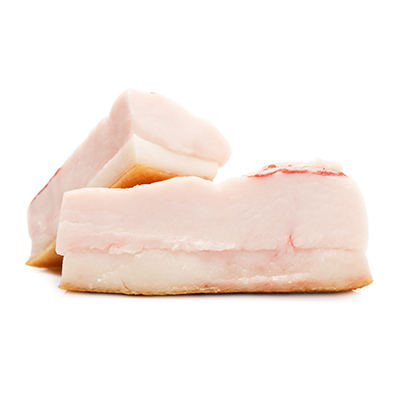
If you need where to invest in Rwanda with a high return in the pig value chain, send me a message or text @pigs_farm for more information. They are redefining how pigs are raised for commercial purposes. 







• • •
Missing some Tweet in this thread? You can try to
force a refresh













